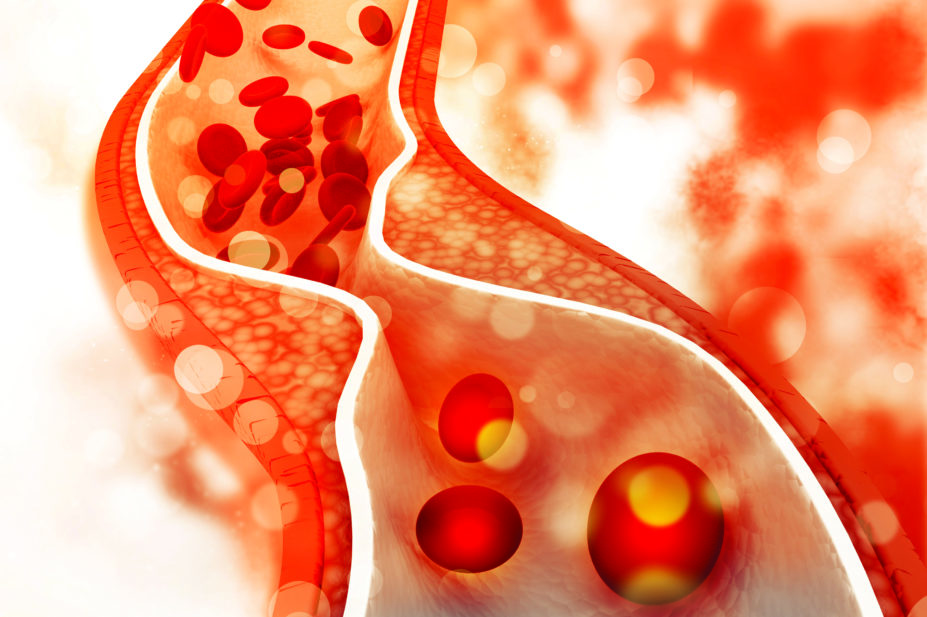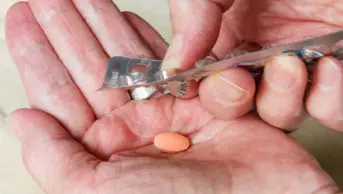
Shutterstock.com
Scientists at Imperial College London suggest that people in their 20s and 30s should be offered statins. Writing in the journal Circulation, they say a long-term study, focused purely on the relationship between cholesterol, statins and mortality, demonstrated that even modest reductions in low-density lipoprotein (LDL) yield a “significant” survival benefit.
The research involved participants aged 45 to 64. However, the strength of the relationship between statins and improved survival rates — 28% — shows the drugs should be considered for all patients with high cholesterol, regardless of their age, the researchers said.
The 20-year project examined data from 2,560 men taking part in a randomised clinical trial to test the effects of pravastatin versus a placebo. All the men had levels of LDL higher than 4.9mmol/L but had no evidence of heart disease at the start of the study.
They found that compared with the placebo, there was a 27% reduced risk of coronary heart disease, a 28% reduced risk of dying from coronary heart disease, and a 25% reduced risk of coronary “events” such as a heart attack.
Kausik Ray, professor of public health at Imperial College, who led the research, said between 5% and 10% of people in their 20s and 30s — more than 1.6 million, could have dangerously high cholesterol. But unless they could prove a familial risk, they were unlikely to be prescribed statins under present National Institute for Health and Care Excellence (NICE) guidelines.
“There is a large group of younger people out there with worrying cholesterol who could benefit from statins,” Ray said.
“If you are young and you can’t demonstrate a family risk, then it means you’re not eligible — you’re left untreated when you should be treated.”


